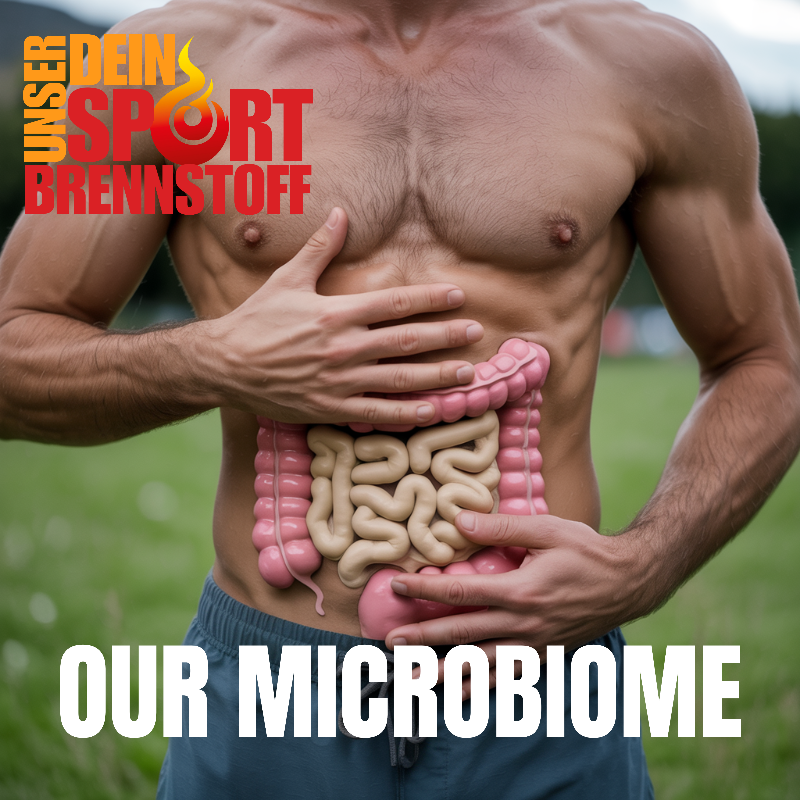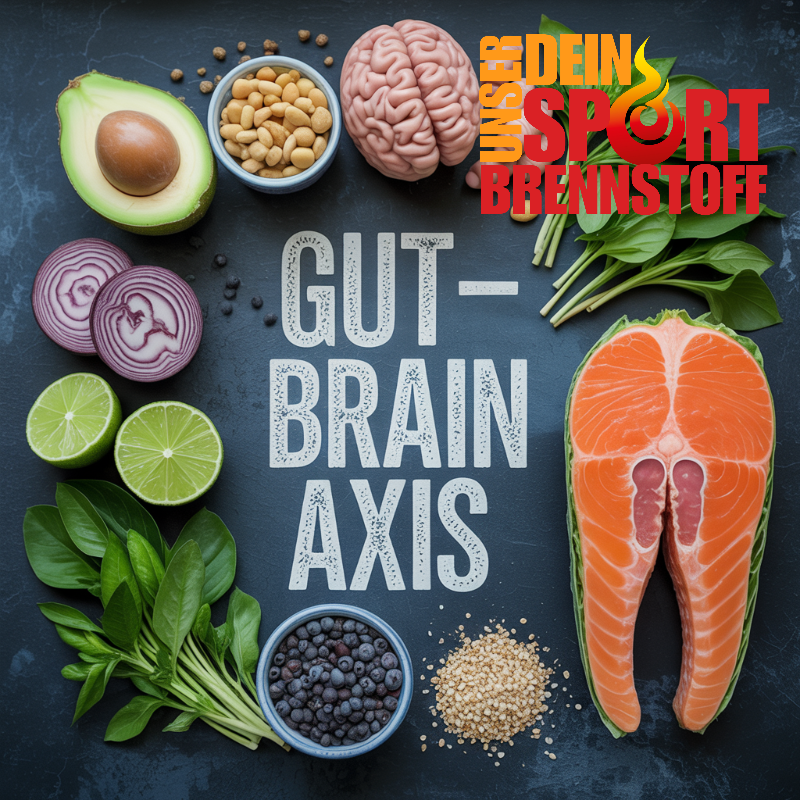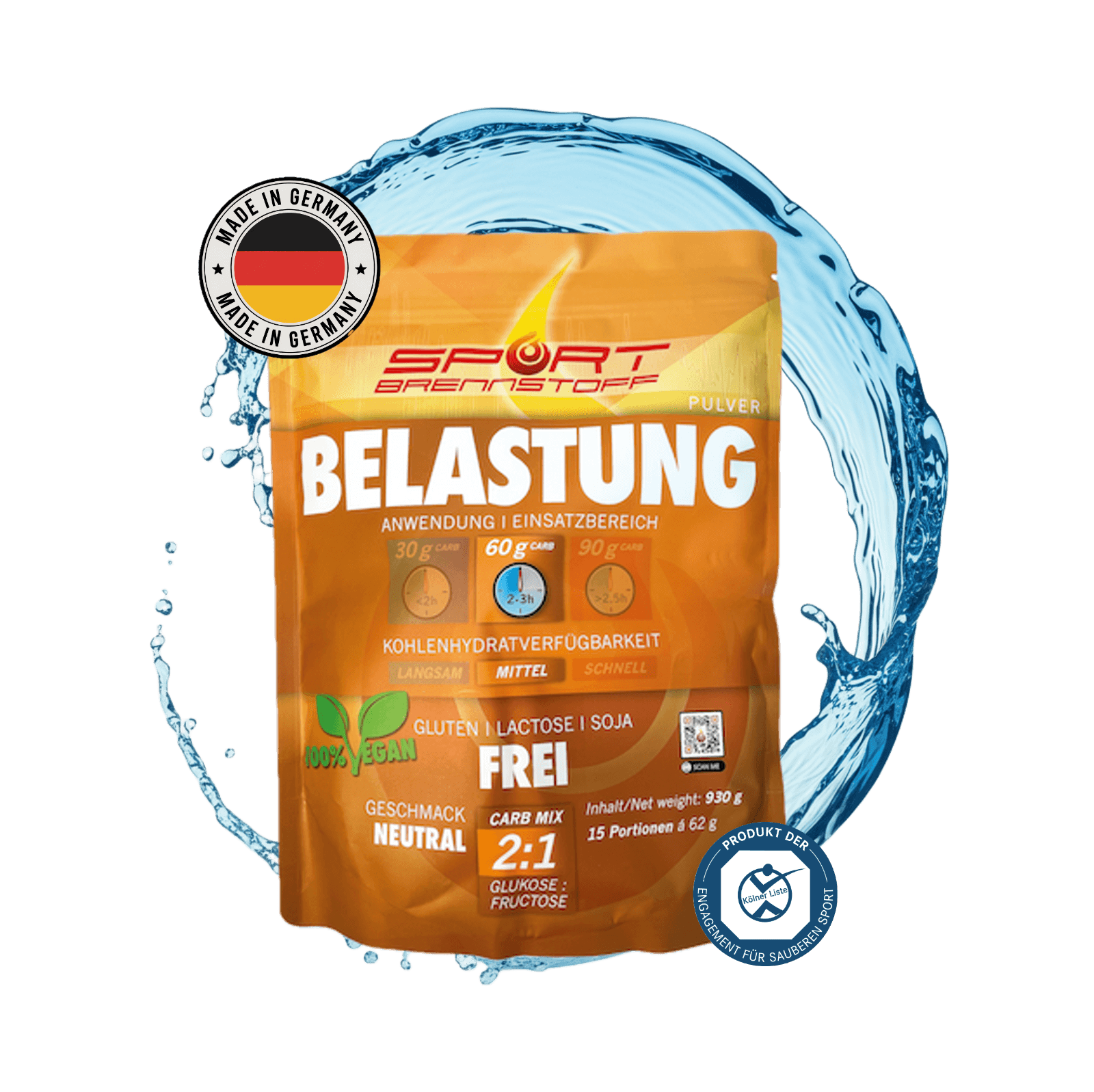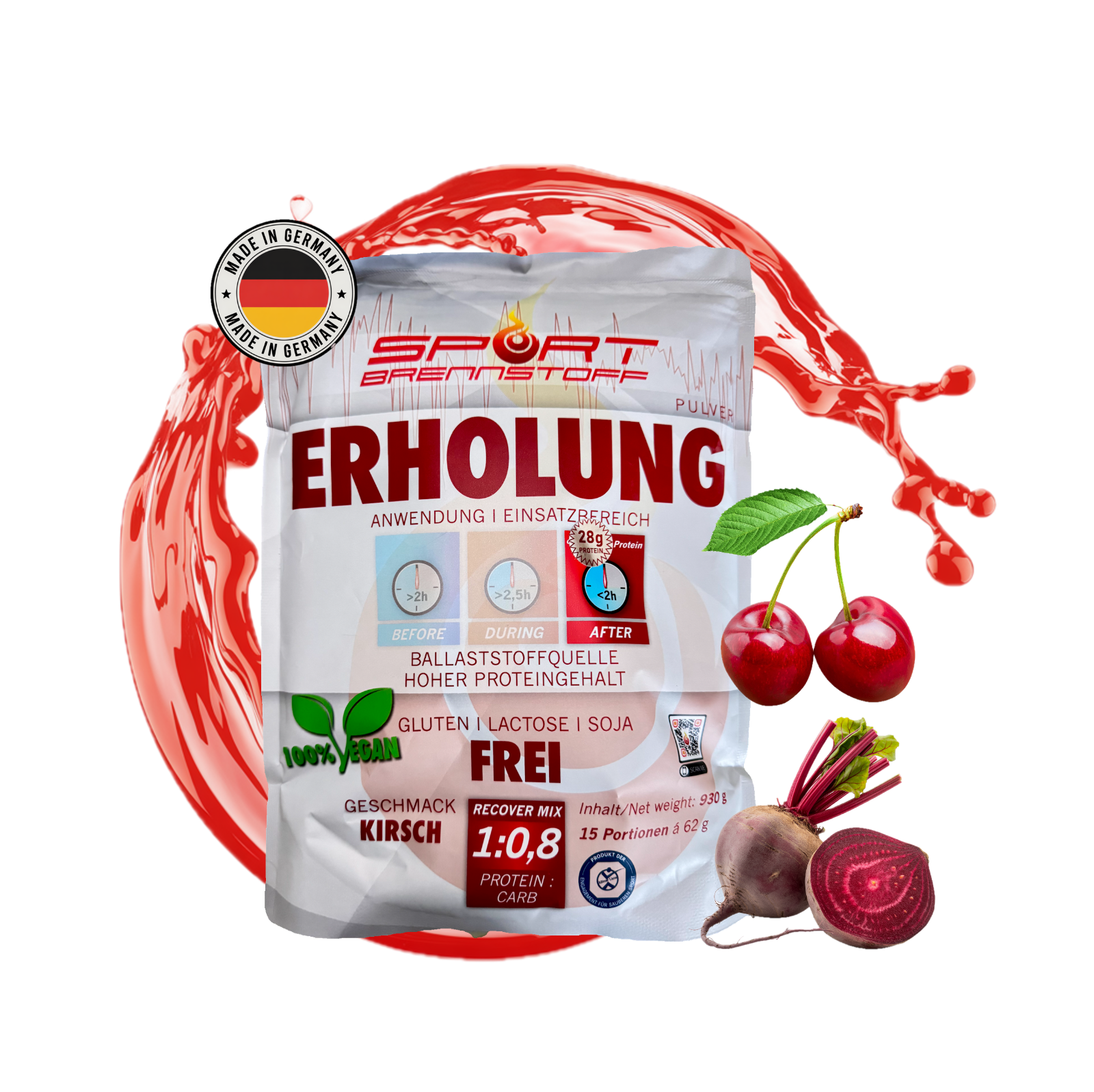The human microbiome consists of billions of microorganisms, primarily bacteria, that colonize the entire digestive tract [1]. These little helpers are the cornerstone of our gut health and influence how efficiently nutrients are absorbed, how strong our immune system is, and how balanced our mood is.
The Roles of the Microbiome in the Body
- Digestion: Our bacteria break down dietary fiber that we couldn't digest on our own, and produce important short-chain fatty acids such as butyrate from it.
- Immune system: Around 70% of all immune cells are located in the gut – there, our microbes create a strong protective barrier against pathogens.
- Synthesis: The microbiome is crucial for the production of vitamins (K, B12, biotin) and important neurotransmitters such as serotonin, which is produced 90% in the gut and promotes emotional balance.
Microbiome and Sport
Studies show that athletes often have a more diverse microbiome than people with a sedentary lifestyle. Regular exercise promotes "good" strains such as Faecalibacterium and Akkermansia, which have a particularly positive effect on regeneration and inflammation control.
- Stress & Regeneration: A healthy gut promotes faster muscle repair and a lower susceptibility to infection because it processes nutrients better and supports the immune system.
- Energy production: Certain bacteria are able to convert lactate into energy – a real advantage during intensive training.
How can I support my microbiome?
- A diverse, plant-based diet with plenty of fruits, vegetables, legumes, and whole grains.
- Regular exercise and moderate endurance sports (running, cycling) promote the diversity of healthy microbes.
- Fermented foods like yogurt, kefir, and kimchi provide live cultures – integrate them into your daily diet!
Conclusion
The diversity of our microbiome is the foundation for energy, protection, and mental strength. Strengthening the "good bacteria" leads to a long-term increase in physical and mental performance.
Source
Exercise influences the microbiome-gut-brain axis - PMC https://pmc.ncbi.nlm.nih.gov/articles/PMC6748614/




















Leave a comment
All comments are moderated before being published.
This site is protected by hCaptcha and the hCaptcha Privacy Policy and Terms of Service apply.